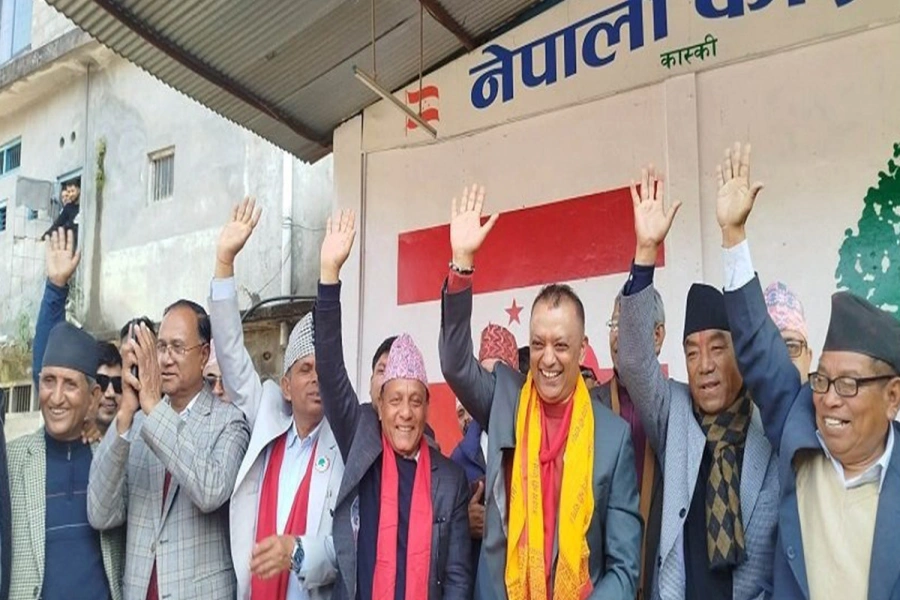It is highly concerning to learn that Prime Minister Pushpa Kamal Dahal has stopped Foreign Minister Bimala Rai Paudyal from attending the UN Human Rights Council (UNHRC) meeting in Geneva, and has instead sent his advisor Gobinda Bandi, whose appointment was not publicized before, to represent Nepal in the international forum. This move raises serious questions about the government's commitment to human rights and the rule of law. This also shows how diplomacy is heavily politicized in Nepal.
Nepal is scheduled to present its statement in the 52nd session of UNHRC to apprise the international community about its human rights situation including the current state of transitional justice process. The team led by Foreign Minister Dr Paudyal, who resigned on Monday after the humiliation by the prime minister, had made necessary preparations to reiterate Nepal’s commitment to international human rights obligation while keeping Nepal’s image and prestige unhinged. However, the foreign minister was stopped from going to Geneva at the eleventh hour despites weeks-long preparation to this end.
RSP Chair Lamichhane’s campaign event barred in Nawalparasi Wes...

It is said that Bandi, who was initially included in the foreign minister’s team as an expert member at the direction of Prime Minister Dahal, is leading Nepal’s delegation. The Office of the Prime Minister and Council of Ministers has not said anything about it officially. Reports suggest that Dahal gave him the responsibility to lead the Nepali delegation by appointing him as his advisor on peace and human rights. But a question arises: what is the legal basis for doing that? It is important to be clear whether an expert or an advisor can lead the delegation in such a forum where executive leadership is supposed to address.
The fact that Bandi, who had earlier crafted the controversial Transitional Justice (TJ) amendment bill that sought to distinguish between ‘murder with torture and murder without torture’, is now leading the Nepali delegation to the UNHRC as an advisor to Prime Minister Dahal, is highly problematic. Conflict victims had alleged that he had become perpetrator-centric, effectively denying justice to the victims, when he crafted the TJ amendment bills as the country’s law minister a few months ago. Furthermore, the Prime Minister's Office had not given any information about Bandi’s appointment as an advisor, and sources have claimed that he might have been given a backdated appointment. This lack of transparency and accountability is also deeply troubling and raises concerns about the motives behind this decision.
Foreign Minister Dr Paudyal’s visit to Geneva was crucial in the wake of the Global Alliance of National Human Rights Institutions (GANRI)’s recommendation that the National Human Rights Commission of Nepal should be downgraded to the B category. Minister Paudyal had made all necessary preparations to take the initiative to maintain the status of NHRC in the A category during her visit to Geneva. She was also scheduled to visit Doha from Geneva and participate in the fifth conference of the least developed countries there. However, now her visit has been canceled.
The question that arises is whether an advisor can represent the nation on such a crucial platform? Can an advisor effectively communicate the government's stance on human rights issues and defend Nepal's position? It is highly doubtful that an advisor can perform the same duties and responsibilities as a Foreign Minister. This decision by the Prime Minister sends a worrying message about the government's commitment to human rights and democracy. It is essential that the government provide a satisfactory explanation for this decision and restore public confidence in its commitment to human rights and the rule of law-- something that has already eroded with its controversial decision to glorify violence by announcing public holiday to mark the beginning of the violent conflict and declare all those killed in the Maoist insurgency as martyrs.






































